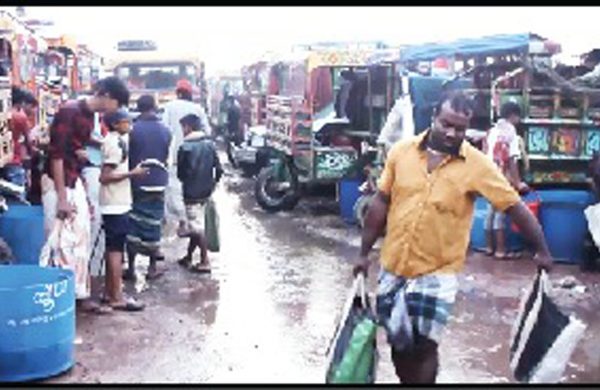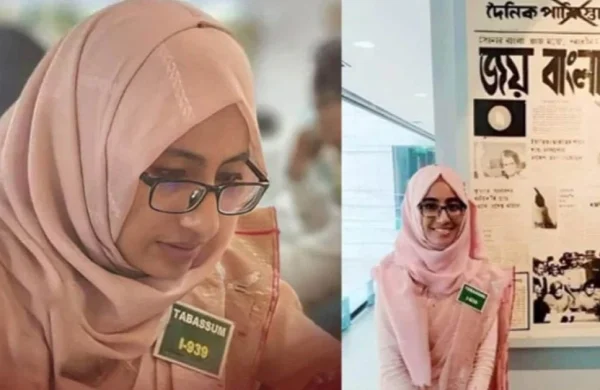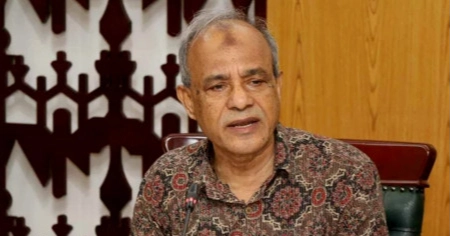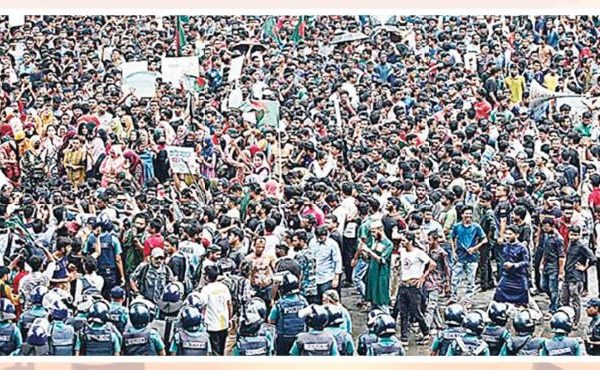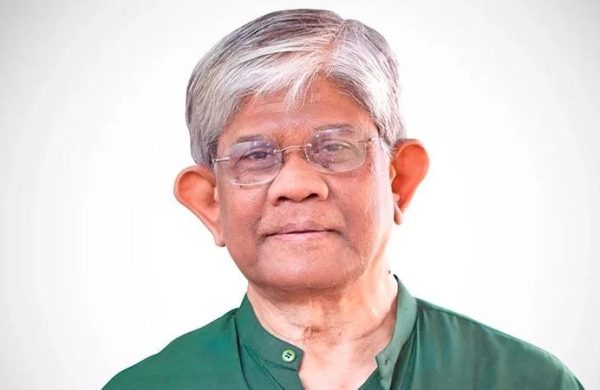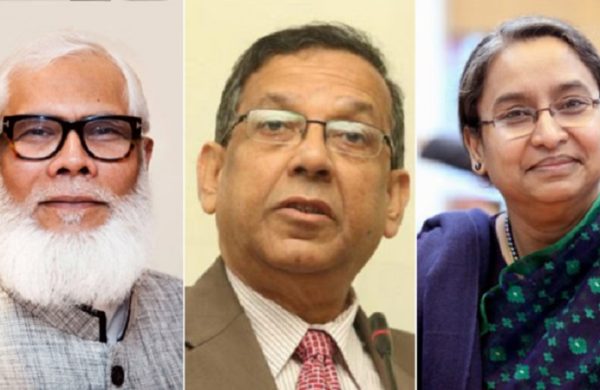From barren land to bright future: How Muktagacha solar project powers lives, dreams
- Update Time : Friday, January 24, 2025

Mymensingh Correspondent
Hope and progress are lighting up rural Bangladesh as innovative solar power projects transform communities and bring long-awaited change.
In Raghunathpur village of Mymensingh, a solar initiative is breathing life into once-barren, waterlogged land, offering local farmers a chance to earn income and addressing persistent energy shortages.
Although the Muktagacha solar project is still under construction and is slated for completion this June, its potential to uplift livelihoods and contribute to Bangladesh’s vision of a sustainable future is already evident.
For Mahabubul Alam Kajol, a 50-year-old farmer from Raghunathpur, this project has brought new purpose to land that had been unused for over two decades. His 220-decimal plot had remained barren, overrun by weeds and mosquitoes, despite repeated efforts to make it productive.
“This land had been unused for decades, and I never earned from it. Now, by leasing it for this solar project, I can support my family’s annual expenses,” said Kajol, with his voice tinged with relief.
Kajol’s story is not unique. Abdul Malek, another local farmer aged 47, had a similar experience with his once water lily-covered land. “I never earned anything from this land, but now, I will receive annual rent that will support my financial needs,” he said.
The project, introduced by Muktagacha Solartech Energy Limited (MSEL) under Jules Power Limited, involves a 20-megawatt (MW) solar power plant constructed on 70 acres of previously unusable land.
This environmentally friendly facility is expected to produce 37.9 GWh of electricity annually and cut carbon emissions by 18,344 tonnes each year.
Beyond these environmental benefits, the project addresses the energy deficit in a region that has long suffered from limited and unreliable power supply.
Muktagacha has historically struggled with frequent power outages, especially during the scorching summer months. While some families had access to the rural electrification system, many others were left in the dark.
This solar plant aims to change that by providing a steady, renewable energy source not only for local households but also for the national grid.
Shahidul Islam, chairman of the Union Parishad, believes the solar project will bring significant improvements to the lives of residents.
“Our community has long been deprived of a steady electricity supply. Many people only get power intermittently, while others have no access at all. The solar project will ensure uninterrupted power supply, which will make a big difference in the lives of students, women, and the elderly,” he said with optimism.
The benefits of the project go far beyond energy production. It has provided much-needed employment opportunities for local residents.
Over 1,900 workers, primarily from nearby villages, have been engaged in constructing and maintaining the plant.
“The land was so waterlogged that no one could even access it properly,” said Md Mehedul Islam, senior executive (Admin & HR) of Jules Power Limited.
“Now, the project not only generates power but also offers jobs to local people. We will continue to prioritise local workers once the plant becomes operational.” Electricity officials are equally enthusiastic about the potential of the Muktagacha solar project.
Md Mazharul Islam, deputy general manager (Technical) of Mymensingh Palli Bidyut Samity-1, explained, “The region has a peak demand of 50 MW, but we’ve struggled to meet this due to a lack of reliable power sources. The addition of 20 MW of solar power will stabilise the supply and reduce load shedding.”
The project’s financial backing includes a significant contribution from the Asian Development Bank (ADB).
With a total cost of Tk320 crore ($32 million), the ADB provided $24.30 million in loan assistance.
Electricity from the plant will be supplied to the grid at Tk8.12 per unit, with surplus power redirected to the national grid.
Once completed by June 2025, the solar plant is expected to supply reliable electricity to thousands of households, promoting economic growth and sustainable development.
It aligns with Bangladesh’s broader goals to expand renewable energy use, reduce dependence on fossil fuels, and address pressing environmental challenges.
Currently, renewable energy accounts for just 4.5% of the country’s total power capacity of 22,215 MW, with solar power making up 80% of this segment.
The government has set ambitious targets to increase the share of renewable energy in the country’s energy mix to 15% by 2030, 40% by 2041, and 100% by 2050.
Experts believe achieving these goals will require substantial private sector investment, estimated at $1.5 to $1.71 billion.



